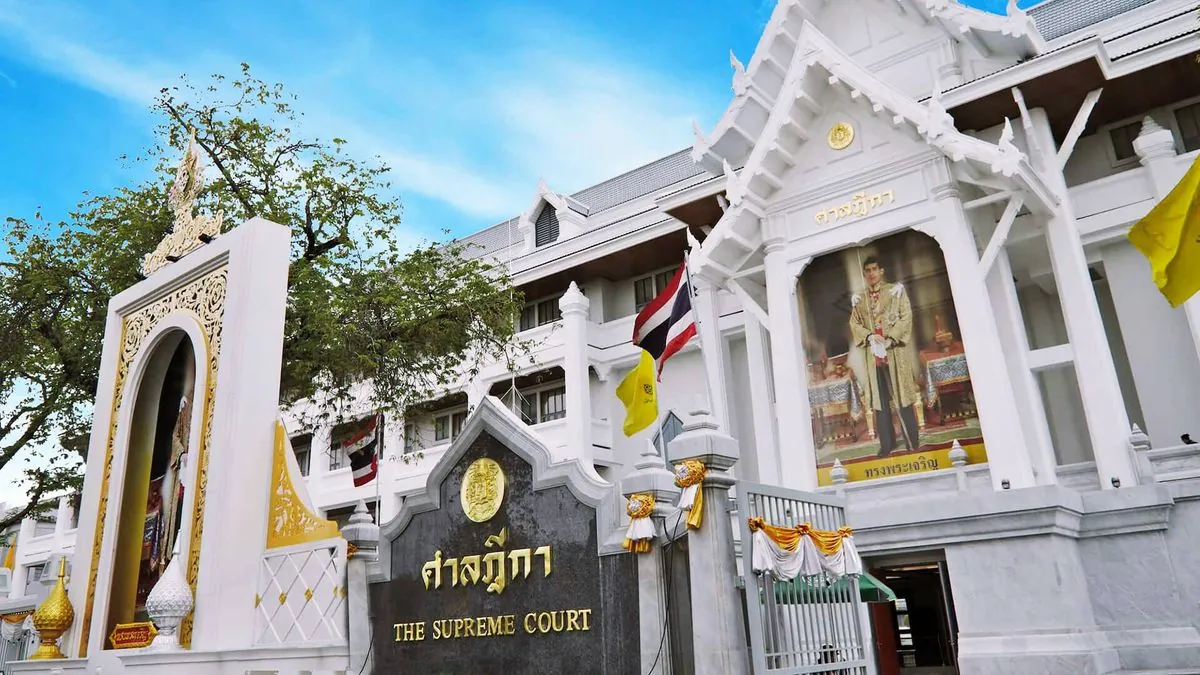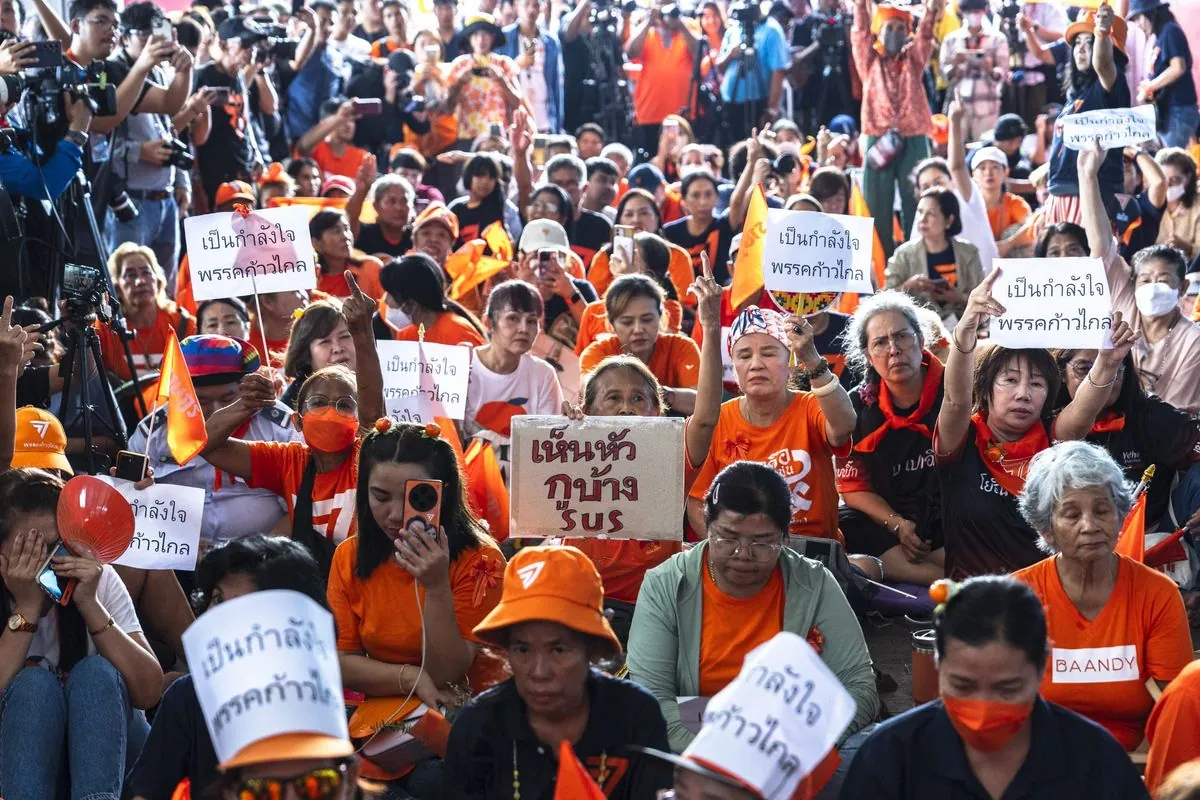Thai Constitutional Court Ousts PM, Raising Concerns Over Judicial Overreach
Thailand's Constitutional Court removed Prime Minister Srettha Thavisin, sparking debate on judicial power. This action, following recent party dissolution, highlights ongoing tensions in Thai politics.

In a move that has intensified concerns about judicial overreach in Thailand, the Constitutional Court has removed Prime Minister Srettha Thavisin from office. This decision, made on August 14, 2024, comes just days after the same court dissolved the progressive Move Forward Party, which had won the most seats in the 2023 election.
The court's ruling against Srettha Thavisin was based on his appointment of a cabinet member with a prior conviction. This action has reignited debates about the role of unelected institutions in Thai politics. Critics argue that such interventions undermine the democratic process and reflect a troubling pattern of judicial interference.
Thailand's political landscape has been marked by instability for decades. Since becoming a constitutional monarchy in 1932, the country has experienced 13 successful military coups. This frequent military intervention has resulted in the military ruling Thailand for more than half of the time since 1932. The country's political system is often described as a "guided democracy" or "semi-democracy," reflecting the significant influence of non-elected bodies.
The Constitutional Court, established in 1997 as part of constitutional reforms, has played an increasingly prominent role in Thai politics. Over the past two decades, it has ousted four prime ministers and dissolved three election-winning parties. These actions have often targeted figures seen as challenging the traditional royalist establishment.

Thailand's political instability is further reflected in its constitutional history. The country has had 20 constitutions since 1932, more than any other nation in the world. The current constitution, enacted in 2017 under military rule, strengthened the powers of unelected bodies, including the Constitutional Court and the Senate.
The court's recent actions have drawn criticism from human rights organizations and political analysts. Mookdapa Yangyuenpradorn of Fortify Rights stated, "This ruling is not an isolated incident but instead reflects a troubling pattern of unelected officials wielding disproportionate power over elected political leaders."
The ongoing political turmoil has significant implications for Thailand's economy. The country's GDP is heavily dependent on tourism, accounting for about 20% of its total. Political instability can potentially deter tourists and investors, impacting the nation's economic growth.
As Thailand grapples with these challenges, the future of its democracy remains uncertain. The repeated dissolution of political parties and removal of elected officials raise questions about the sustainability of the current political system. Until a broader consensus is reached on the role of unelected institutions, experts argue that true democracy will struggle to take root in Thailand.
"The judiciary cemented its power over the legislative branch when they ruled against amending a law, and over the executive branch with the removal of the head of government over the appointment of one minister."
As Thailand navigates this complex political landscape, the international community watches closely. The country's unique position as the only Southeast Asian nation never colonized by a European power has shaped its political development. However, the current challenges highlight the ongoing struggle to balance traditional power structures with democratic aspirations.


































